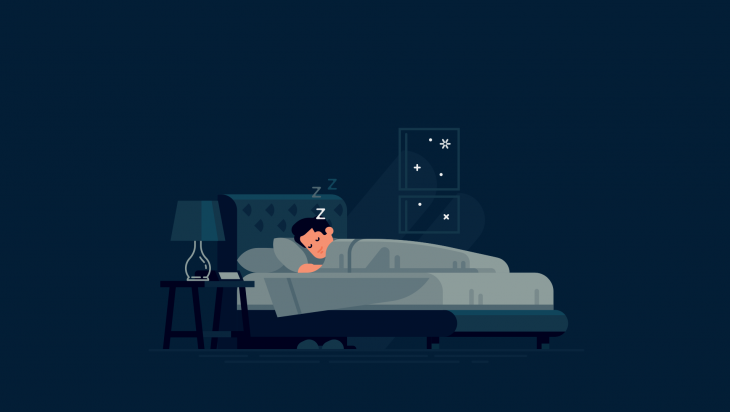
Be the first to get latest stories.
Follow Cemerlang's Telegram channel.
By Lau Weing Xi
“My sleep schedule is so messed up.” I’m sure many of us have heard this phrase or said it ourselves countless times before, especially during the recent MCO and holidays. Scientifically speaking, teenagers require between 8 to 10 hours of sleep per night. In contrast, a high schooler receives an average of 5 to 7 hours of sleep per night. This number can drop to as low as 3 to 4 hours a week during exam season. Our mental strength, emotional wellbeing, and physical health and development heavily depend on the amount of sleep we receive.
This prompts the question: Why are we constantly finding ourselves awake during nocturnal hours and/ or taking excessive amounts of naps in the daytime?

1.Biology
Let’s start with a reason beyond our control. Hormonal changes are common in teen’s bodies, often resulting in unstable production of melatonin. In simple words, melatonin plays a major role in regulating our sleep cycle. Thus, irregular synthesis of melatonin will undoubtedly cause our sleep schedule to go haywire.
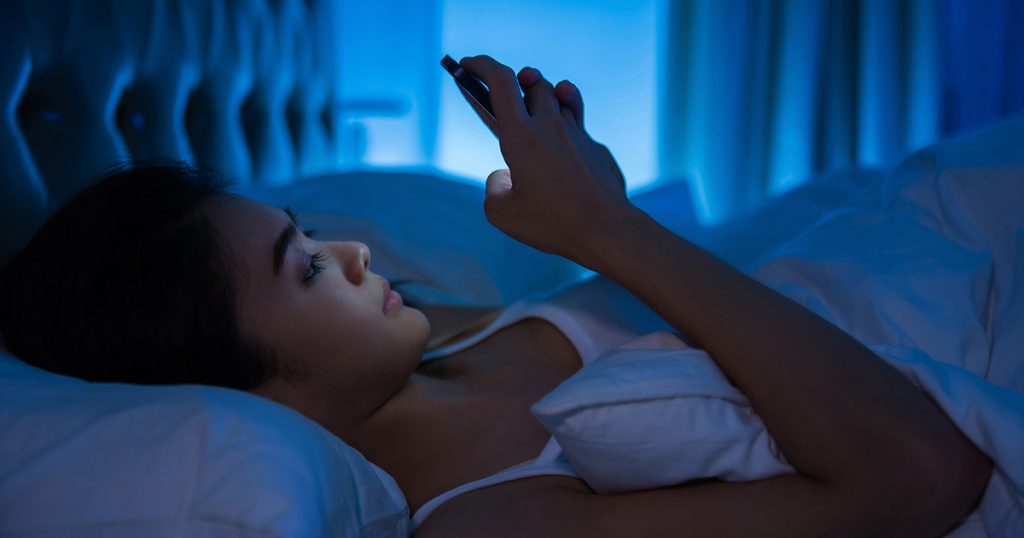
2.Technology
As much as we don’t want to admit it, most of our late nights are spent online playing games, scrolling through social media, etc. Blue light emitted from electronics will hit a receptor in our eyes that suppresses the production of melatonin in our bodies. Nowadays, many devices come with a setting to reduce the blue light, ultimately protecting our eyes from the emission. However, it is still prudent to avoid electronics at night.

3.Schoolwork and Extracurricular Activities
These days, high schoolers tend to exert themselves by participating in many activities for a captivating resume as the end goal in mind. Overwhelmed by work, this may result in late nights and even all-nighters pulled to finish the tasks they signed up for. Not to mention, workload from school and studying to keep up with our grades.
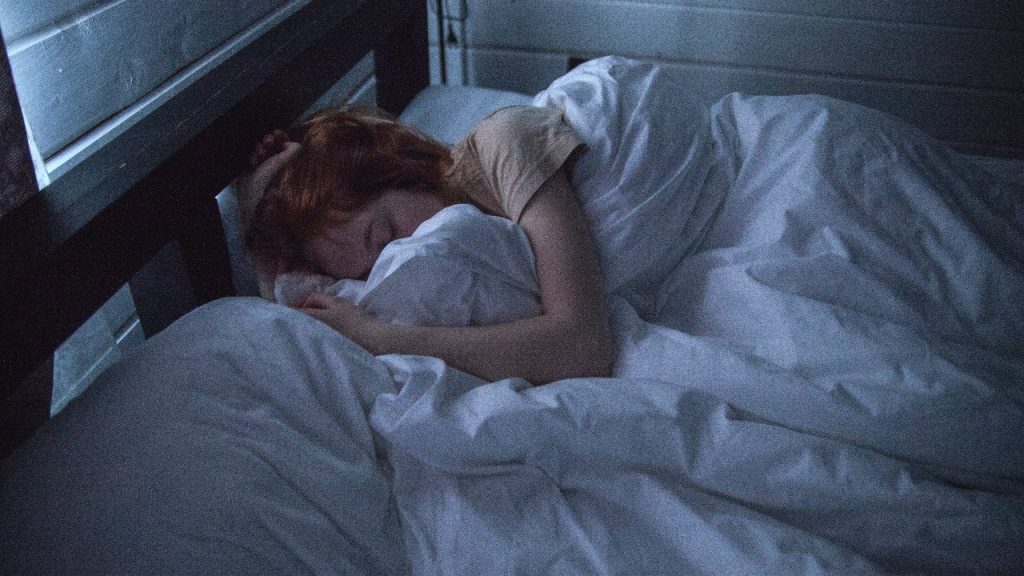
4.Revenge Sleep Procrastination
This term is used to refer to the decision to stay up late and sacrifice valuable slumber for some personal downtime. With our busy daily school schedule, we are tempted to stay up late for other activities that provide us with entertainment. Oftentimes, this results in sleep deprivation due to late nights spent on social media and other online applications.
With all things said and done, it is evident that many of us are looking for a way to stop this unhealthy habit and get the sleep we all need. Keep reading for tips and tricks to get the beauty sleep you deserve.
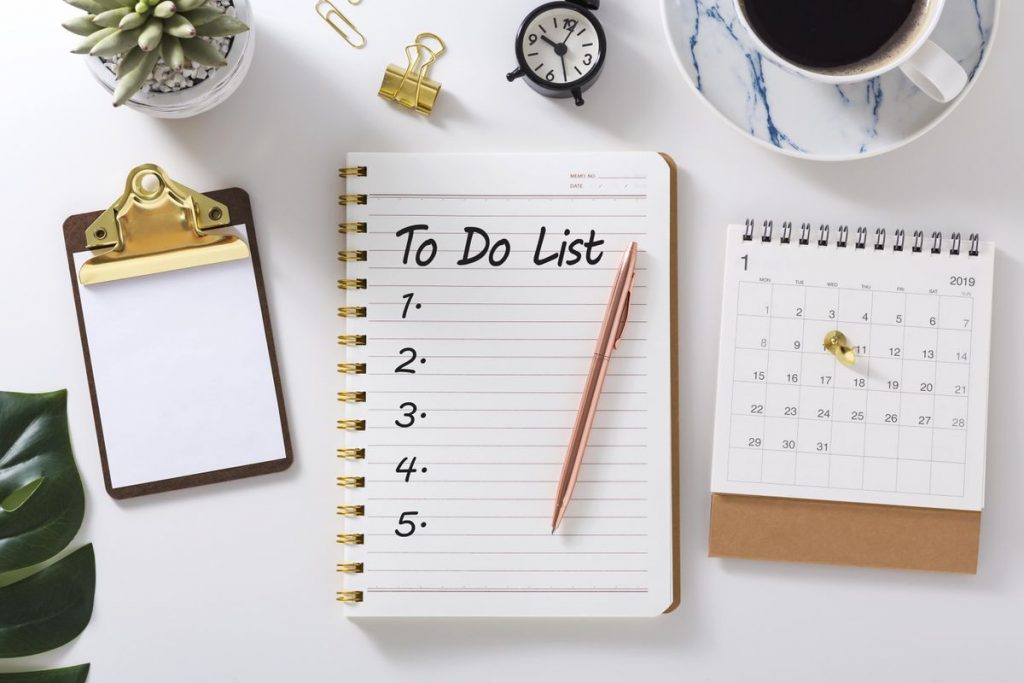
1.Prepare a To-do List
By setting personal deadlines for assignments and tasks, we can reduce the amount of stress and worry circulating in our minds and rest assured that all our responsibilities will be completed on time. As cliché as it may sound, avoiding procrastination is key to having a good night’s sleep.
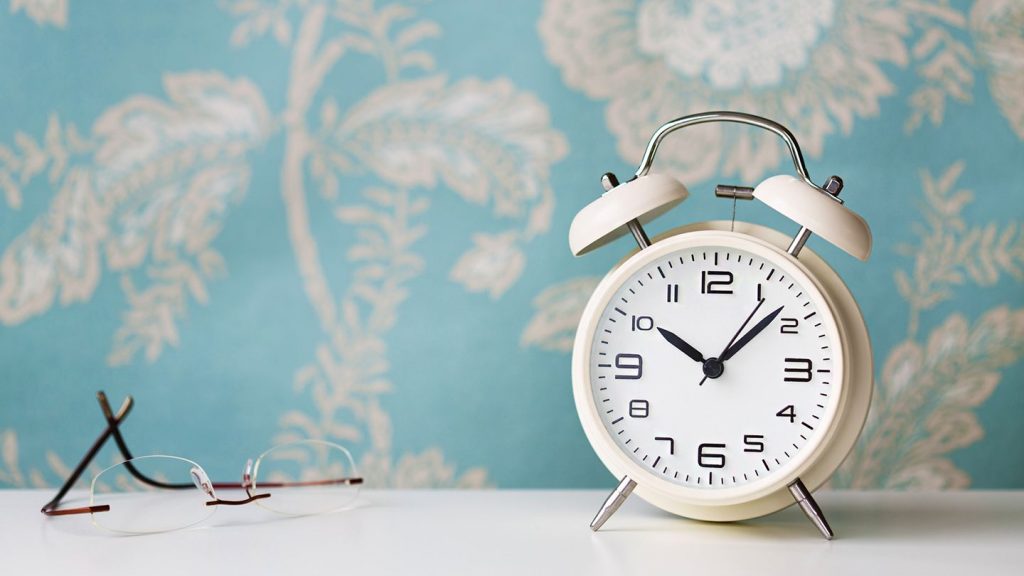
2.Set a Fixed Bedtime
Training our body to fall asleep at a specific time guarantees a sufficient amount of rest for our bodies. The bedtime set may be flexible but ensure that one stays within a range.
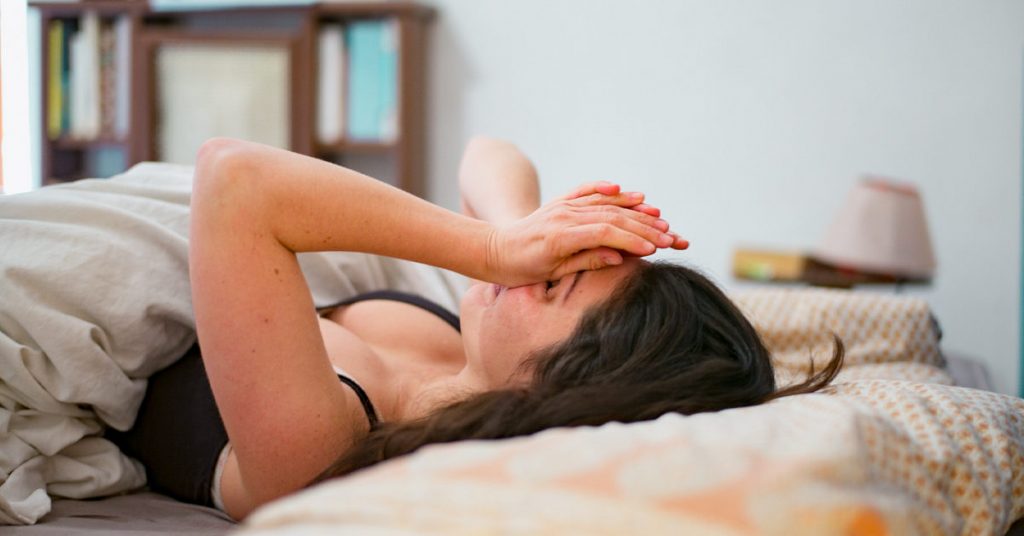
3.No More Evening Naps
This one is fairly self-explanatory. Evening naps may cause our bodies to feel active during nighttime. If one is extremely tired and in need of a doze, a 15 to 20-minute catnap should be adequate to recharge our energy for the rest of the day.

4.Exercise
Sports and games are an easy way to drain energy and tire our bodies. Exercise tends to help us sleep deeper and keep the body healthy. It should be noted that physical exertion directly before sleeping is inadvisable.

5.Avoid Your Phone
Lastly, the most difficult but necessary step. As an alternative, one can fill the time by reading a book or journaling. Ideally, the hour before bedtime should be spent with minimal contact with technology.
At the end of the day, sleep is essential in our daily lives. With lack of sleep becoming more common amongst teenagers in recent days, it is crucial that we try our best to maintain our sleep schedule and body’s health. Don’t forget that ample sleep is also a form of self-care!



